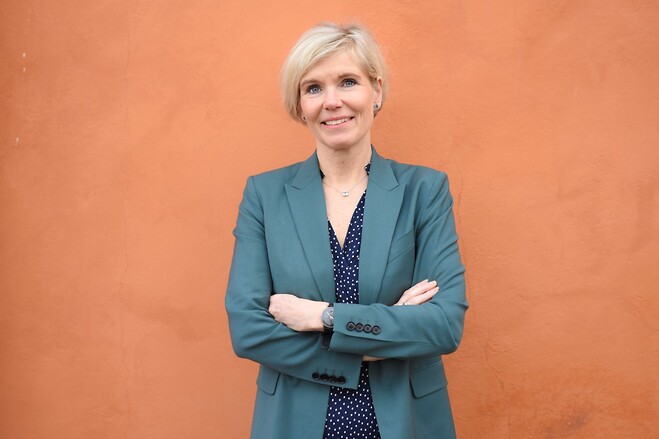Marie Gårdmark: Finally, it’s time for a revision of the EU pharma legislation
It is exciting times ahead for those interested in the future regulation of pharmaceuticals. It should be a priority for everyone and not only for regulatory nerds like myself. Much has happened since the last update of the EU legislation. New technology has led to an increase in the understanding of disease mechanisms and the design of “targeted therapies” that more specifically address medical needs – precision medicine.
Concerning this, the legislative initiative to stimulate the development of new products for rare diseases, launched 20 years ago, has been very successful. However, research is developing with, for example, an increasing number of gene and cell therapies under development offering curative treatment that not only put pressure on the regulatory requirements but may also require a new business model.
One of the focus areas in the EU pharma strategy is fostering innovation, specifically in areas of unmet medical needs. The EU system also needs to adapt to new scientific and technological developments through tailored incentives for innovation support. How the innovation strategy will be implemented in the legislation without lowering the requirement for approval remains to be seen. It is likely that the basic approval requirement to show positive absolute benefit-risk will remain.
Given that the Commission highlights the technological development and that the new EU regulation for medical devices was recently implemented, it will be interesting to see if any new initiatives are taken to simplify medicinal products with a device component.
These include clarifying roles and responsibilities, streamlining requirements and procedures, and building up the necessary regulatory expertise and collaborations. It seems likely that the technological development will lead to the convergence of the pharma and
medical device regulation.
Today, the EU regulatory system is based on collaboration between national medicines agencies and the EMA. The Commission will explore the need to recognise more formally the role of the network of national medicines agencies and its operational structure in the
regulatory system, which may alter the “power balance” between the EMA and national medicine agencies, potentially towards a stronger EMA. In the long-term, the collaboration is essential, not least to ensure the best regulatory competencies throughout the EU.
Now a tremendous amount of work starts to draft new legislation text, and the regulatory medicine agencies in the EU will have busy years ahead with a vast number of expert groups to deliver the exact wording, and I can assure you that every single word is important and discussed in detail. One sincerely hopes that knowledge and experience from industry will be carefully addressed in this process.
The intention of the new legislation from the EU Commission’s side is very promising, but it must be revised in a way not to create further complicated and inefficient processes that will add complexity to the EU and drive companies to prioritise other regions for approval and marketing of their innovations. So, let’s hope that the Commission successfully harmonises the regulatory approval times with those in other parts of the world. It is encouraging to read that “reducing bureaucracy” is one goal of the new legislation, but so far, this has not been one of the hallmarks of the EU system.
A challenge for the EU Commission is to deliver a new framework that will also take care of another “pillar” of the pharmaceutical strategy, namely, to ensure that new medicines will be available for all citizens in Europe. Maybe this will be the hardest to achieve.
Artikeln är en del av vårt tema om News in English.
